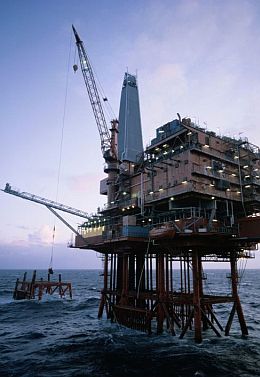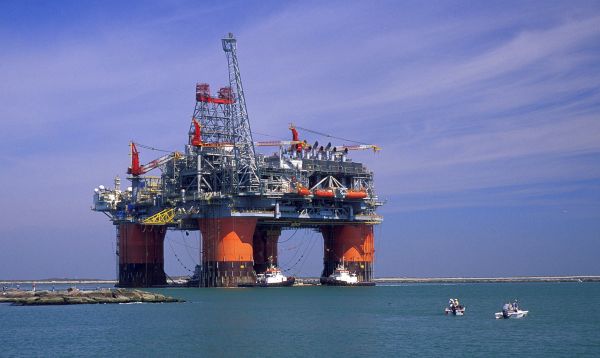Mexico City — An expected wave of international geological firms set to scan Mexico's oil patch for oil and gas reserves will give the country a clearer picture of its riches, the nation's top energy regulator said last week in an interview.
In the wake of Mexico opening its energy sector to foreign companies, the National Hydrocarbons Commission has about two dozen companies requesting permission to conduct surface exploration, such as seismic studies that can reveal oil and gas deposits below the ocean floor or in onshore areas. Those companies can use newer technologies and provide a greater number of scans that Mexico has used in the past, giving a clearer picture of the potential reserves.
Some of those firms are expected to be cleared for exploration in coming weeks, in addition to four Norwegian companies that were cleared last week to cover nearly one-million square kilometers in the Gulf of Mexico.
"It's an impressive amount of seismic [studies]," said Juan Carlos Zepeda, the commission's president, in an interview.
 |
National oil company Petróleos Mexicanos has obtained a large amount of geological information in recent decades, but the volume and quality of the data will vastly increase now that private firms can carry out studies and sell them to private and foreign oil companies, which are now allowed into Mexico thanks to last year's energy overhaul.
"When you are talking about superficial exploration — seismic and other techniques — what's also important is the technology used to obtain the information and the technology to process the information," Zepeda said. "And as technology advances, it's important to go out and get more information or to reprocess that information."
Mexico's energy overhaul ends Pemex's eight-decade monopoly on the oil industry, and seeks to end a 10-year slide in crude-oil production. Pemex produces 2.3 million barrels a day of oil, about a million barrels less a day than at its peak in 2004.
Global geological firms can provide valuable information about deep waters of the Gulf of Mexico, where Pemex has done limited exploration and has no production. Some in the oil industry believe that Mexico's side of the Gulf could be similar to the U.S. side, which remains one of the most attractive offshore oil plays in the world due to its new oil finds and infrastructure.
Mr. Zepeda said Mexico's deep-water areas could particularly benefit from studies of subsalt ocean regions using relatively new technology. There are also still shallow-water areas where new surveying methods could uncover previously undiscovered fields, he added. Most of Pemex's production is in shallow waters.
The hydrocarbons commission is in the early stages of the first round of oil auctions under the energy overhaul, with the first bids scheduled for July for shallow-water exploration. After shallow water areas, auctions will be held for onshore areas, blocks of extra-heavy oil in the Gulf, deep waters, and unconventional resources such as those found in shale-rock formations.
The commission is also preparing a plan for additional auctions over the next five years.
Original article


